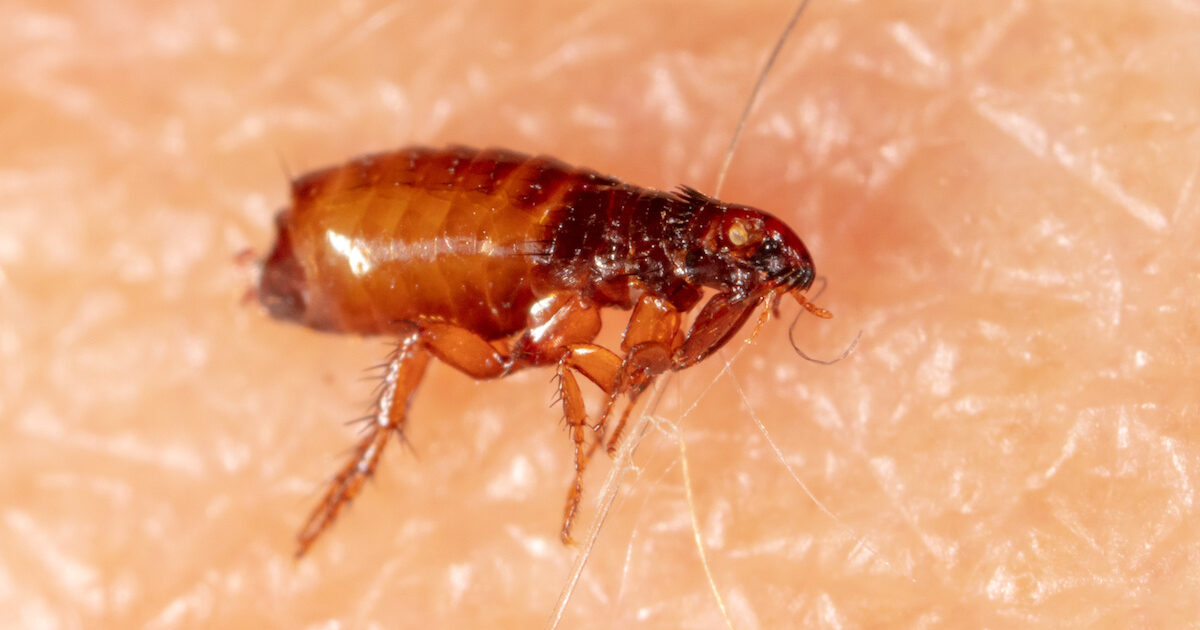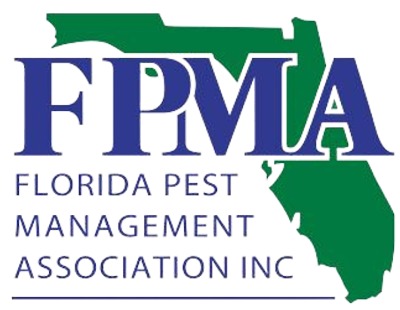
Are you facing a flea infestation? There’s nearly nothing worse than finding fleas in your home because finding a single flea typically means there are many more. The truth is that flea infestations can turn into a significant nuisance for both pets and their owners, causing discomfort and potentially leading to more serious health issues.
But how do you know if your home is being invaded by fleas? Knowing the signs of a flea infestation and taking immediate action is essential for maintaining a healthy, happy home. Here’s how to tell if you have a flea problem and what steps you should take to address it.
What are the Signs of a Flea Infestation? Warning Signs to Watch Out For?
When you consider contacting a professional for flea pest control, you might wonder if you are dealing with an infestation. What are the signs of a flea infestation, anyway? The typical warning signs include:
Unusual Pet Behavior
One of the first indicators of a flea infestation is a change in your pet’s behavior. Dogs and cats may scratch, lick, or bite their fur more than usual. In severe cases, this can lead to hair loss, red patches, and skin infections.
Flea Dirt
Flea dirt resembles small, dark grains of sand or pepper scattered on your pet’s skin, bedding, or on surfaces where your pet spends a lot of time. If you spot this, it’s a telltale sign of flea activity.
Visible Fleas
While fleas are tiny and fast, spotting one on your pet or around your home is a clear indication of infestation. Adult fleas are small, dark, and about the size of a pinhead.
Flea Eggs
Flea eggs are harder to spot due to their tiny size and light color. However, finding these in your pet’s bedding or on carpets can confirm your suspicions of an infestation.

Why is it so Tricky to Get Rid of Fleas?
Eliminating a flea infestation can often feel like a never-ending battle, and for good reason. Fleas are remarkably resilient pests with characteristics that make them especially challenging to eradicate. Understanding these factors can help in devising more effective strategies to deal with them.
Here are several reasons why getting rid of fleas is so tricky:
Rapid Life Cycle
Fleas have a fast and flexible life cycle. Under optimal conditions, they can complete their transition from egg to adult in about 1 month. This rapid reproduction rate means that even a small number of surviving fleas can quickly repopulate an area.
Environmental Resilience
Flea eggs and pupae are incredibly resilient. They can lie dormant in carpets, cracks, and bedding for months, waiting for the right conditions to hatch or emerge. This resilience means that even after you think you’ve eliminated all the fleas, a new generation can emerge and reignite the infestation.
Difficult to Detect
Due to their tiny size and quick movements, fleas are often hard to spot until the infestation has become significant. Their eggs and larvae are even more challenging to detect, hiding in the nooks and crannies of your home or in your pet’s fur.
Wide Host Range
Fleas are not just a problem for dogs and cats; they can feed on a variety of warm-blooded animals, including humans. This wide host range makes them more difficult to control, as they can jump from one host to another, spreading throughout your home.
Immunity to Treatments
Fleas can develop resistance to certain chemicals used in flea control products over time. This means that a treatment that was effective in the past may not work as well or at all, requiring pet owners to seek out alternative solutions.
What to Do If You Have a Flea Infestation
You realize that you have a flea infestation at your home. Now what? There are several approaches to take to get rid of fleas. But keep in mind this can be a long and sometimes unsuccessful process, especially if you forego to help of flea pest control.
Start with Your Pets
Treat your pets with a veterinarian-approved flea treatment. Options include topical solutions, oral medications, and flea collars. Regular grooming and bathing can also help remove fleas and their eggs from your pet’s fur.
Clean Your Home
Vacuum carpets, furniture, and pet bedding thoroughly and regularly. After vacuuming, dispose of the vacuum bag or clean the canister outside to prevent fleas from escaping back into your home.
Other home cleaning tips to get rid of fleas include:
- Wash all pet bedding in hot water weekly to kill fleas and their eggs.
- Steam clean carpets and upholstery to reach deep into fibers where fleas may hide.
- Use a dehumidifier to reduce humidity levels in your home, as fleas thrive in moist environments.
- Sprinkle diatomaceous earth on carpets and pet areas to naturally kill fleas without chemicals.
- Place flea traps in areas where pets spend a lot of time to monitor and reduce flea populations.
- Seal cracks and crevices in floors and walls to eliminate hiding spots for fleas and their larvae.
- Keep your yard trimmed and free of debris to reduce outdoor habitats for fleas.
- Regularly vacuum floors, furniture, and areas where pets sleep or play, and immediately dispose of the vacuum bag or contents.
- Encourage natural flea predators in your garden, such as ladybugs and nematodes, to help control outdoor flea populations.
Use Flea Control Products
Apply flea control products throughout your home. These can include sprays, powders, or foggers designed to kill fleas at all life stages. Always follow the product instructions to ensure the safety of your family and pets.
Consider Professional Pest Control
If the infestation persists, hiring a professional pest control service may be necessary. Experts can apply more potent treatments and offer strategies to prevent future infestations.
Regular Maintenance
Keep your home clean and vacuum regularly. Wash pet bedding in hot water weekly and consider using preventative flea treatments year-round, especially since fleas become a little more active in the month of March.
Get Help with Your Flea Infestation from Drive-Bye Exterminators
Don’t allow a flea infestation to make your Florida home miserable. Homeowners often reach out to us this time of year to help handle flea infestations, and we’re here to assist. Celebrating 20 years of flea pest control, please contact us to address flea problems in your home.






